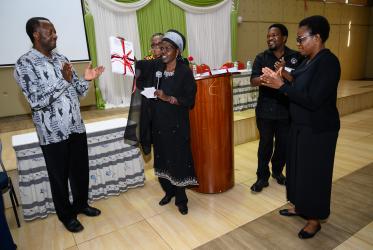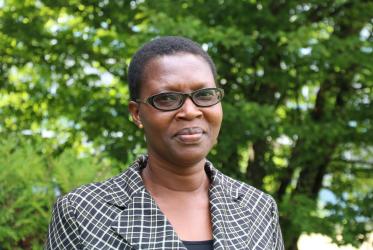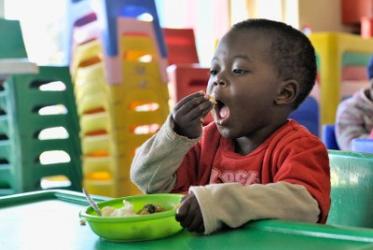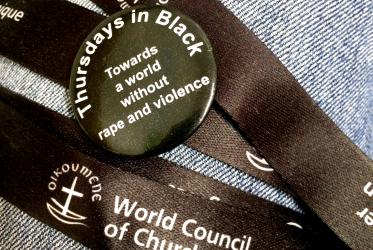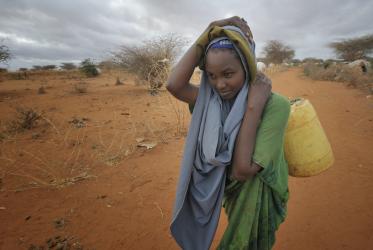Displaying 1 - 20 of 29
WCC condemns massacre of farmers in Philippines
12 April 2019
Faith and HIV treatment go hand in hand
06 March 2019
All pilgrim routes lead to COP24
11 December 2018
Worrying food shortages compel faith action
19 October 2018
#WCC70: A prayer about health and healing
20 July 2018
A communicator on the move
10 July 2017



